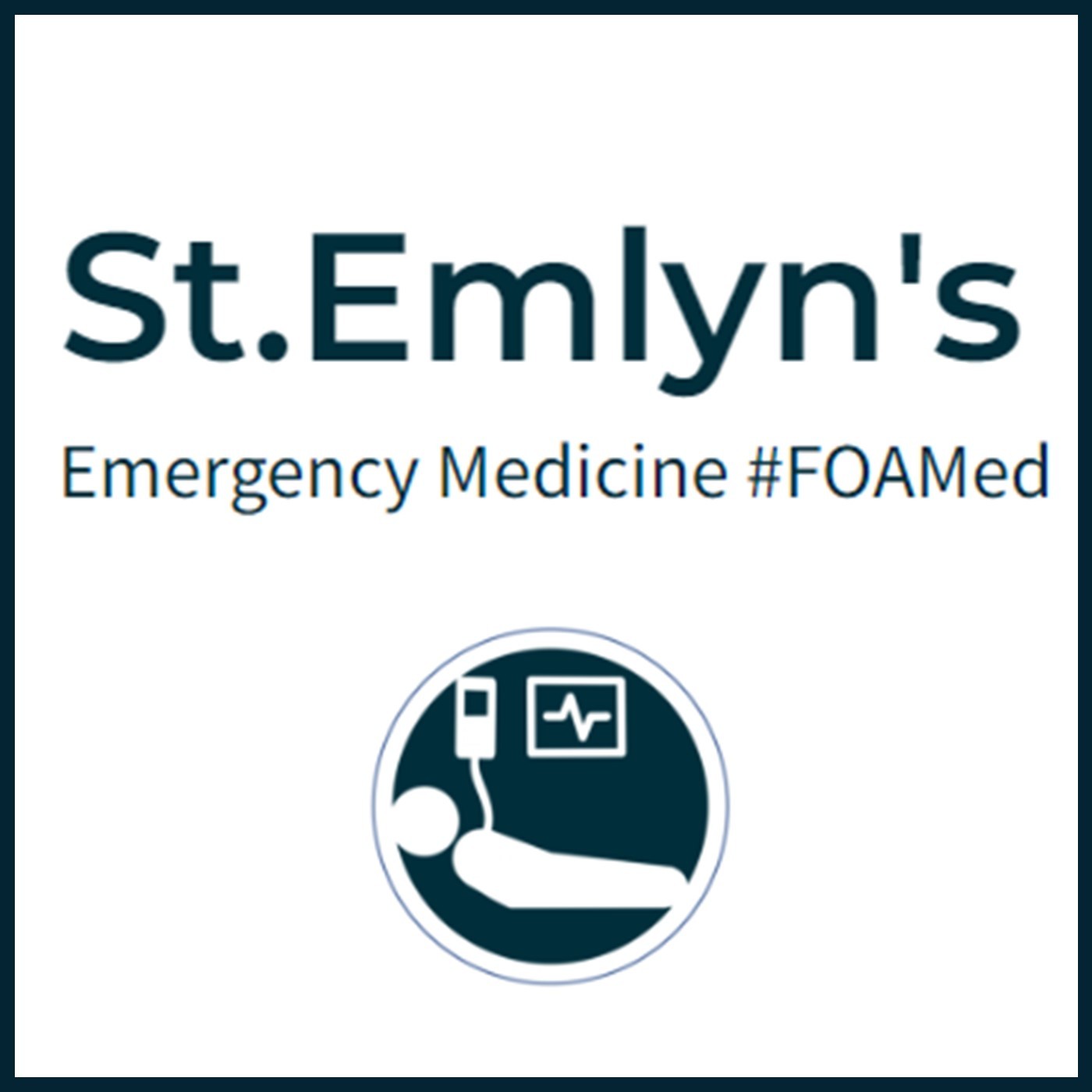
Ep 249 - Care in the Hot Zone with Claire Park at Tactical Trauma 2024

The St.Emlyn’s Podcast
Shownotes Transcript
In this episode, recorded live at Tactical Trauma 2024), Dr Claire Park explores the critical lessons learned from civilian and military incidents, focusing on her extensive experience in the Army and their role as chief investigator in a UK trial examining responses to terrorist attacks. The talk covers the significance of 'hot zones,' illustrated by detailed analyses of the London Bridge and Fishmongers' Hall attacks and key topics include risk assessment, the importance of rapid medical intervention, the concept of survivability, the need for integrated communication among emergency services, and the human factors influencing decision-making in high-pressure environments. Claire also delves into practical strategies like the 10-second triage and bridging interventions, emphasizing the need for timely and effective medical responses to save lives. 00:00 Introduction to Learning from Incidents 01:52 Setting the Scene: Hot Zones 01:55 Case Study: London Bridge Attack 04:23 Understanding Hot Zones 05:51 Case Study: Fishmongers Hall 07:58 Risk Assessment in Pre-Hospital Care 09:23 Communication and Coordination Challenges 10:16 International Models and Time Management 12:13 Triage and Life-Saving Interventions 15:18 Data and Research on Causes of Death 21:43 Human Factors in Emergency Response 24:00 Conclusion Dr Claire Park is a consultant in pre-hospital emergency medicine for London's HEMS, as well as anaesthesia and critical care medicine at Kings College Hospital in London. She also is an army consultant with over 20 years of deployed military experience. Claire is the Medical Adviser to the Specialist Firearms teams of the Metropolitan Police Service and has worked closely with all of the emergency services in London on developing the joint response to high-threat incidents, particularly following the attacks of 2017. She is the Chief Investigator on a UK nationally-funded research grant looking at evidence for improving patient outcomes in the hot zone of major incidents. She is also a CTECC) Committee member.